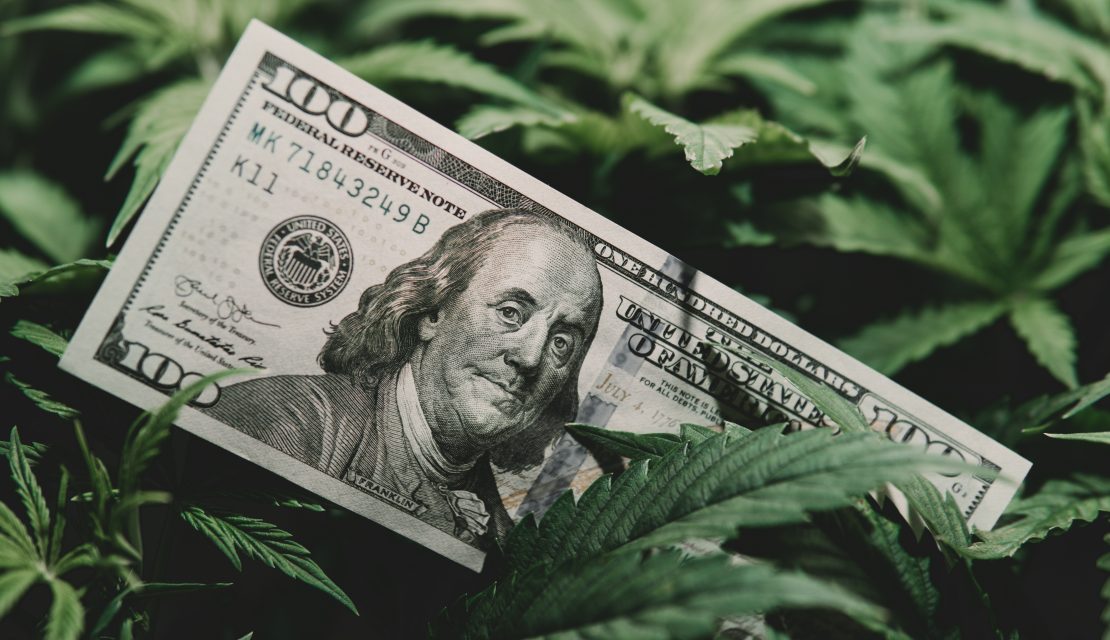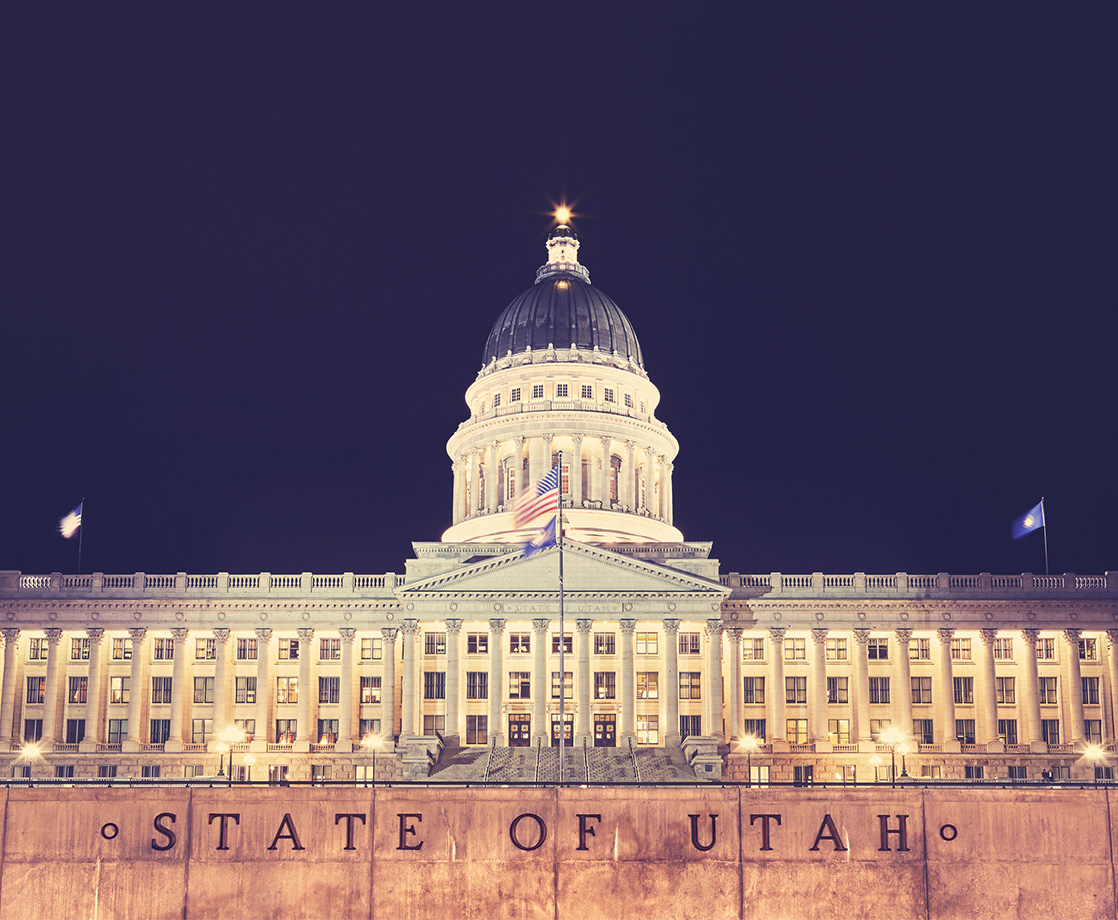Image via
California lawmakers just passed a bill that will provide cannabis businesses relief from the state’s excessive tax regime, but some advocates worry that it may not make enough of a difference.
The new bill aims to help Golden State adult-use cannabis companies stay in business by reducing their overall tax burden and providing several targeted grants. Most notably, the bill will eliminate the state cultivation tax, which requires every licensed grower to pay $10.08 for every ounce of dried flower, $3 for every ounce of dried leaves, and $1.41 for every ounce of raw plant material. Regulators actually just increased these taxes by 4.5 percent this year, so the change is even more welcome.
The Golden State currently has some of the highest weed taxes in the US, and customers in some locations are forced to cough up as much as 50 percent over the retail price. These high prices have convinced many customers to keep buying cheap, unregulated black market weed, and this fierce competition is making it hard for smaller legal businesses to stay afloat. And to make matters worse, the legal industry has also had to endure a recent wave of robberies, wildfires, and drought.
“The survival of the regulated industry is vital to providing ongoing tax revenues for the State and the advancement of public health and safety,” said California Cannabis Industry Association (CCIA) Executive Director Lindsay Robinson to MERRY JANE. “Eliminating the cultivation tax is just one step towards stabilizing our industry but it’s an important one. Stability of the cannabis supply chain brings jobs and much needed tax revenue to the state while also protecting public health and safety and keeping cannabis out of the hands of children.”
The tax relief bill is largely modeled after a budget plan that Gov. Gavin Newsom proposed this spring. But although the original budget did recommend removing the cultivation tax, Newsom also tried to raise the adult-use excise tax from 15 to 19 percent. Advocates argued that this tax hike would negate the effects of cutting cultivation taxes, which would do nothing to reduce retail prices. And if prices don’t go down, stoners will have no additional incentive to buy legal weed over cheaper black market bud.
So, instead of boosting the excise tax, lawmakers voted to freeze it at the current rate for the next three years. This would effectively allow growers to pass their cultivation tax savings along to wholesalers, which in turn could cause overall retail prices to drop. But although the excise tax freeze is a welcome addition, some advocates are still arguing that 15 percent is still too damn high. Many other adult-use states only charge 9 to 12 percent excise tax, and these lower rates can help the legal industry compete against illicit dealers.
Some lawmakers have decried the fact that the bill doesn’t offer much support for legal retailers. State Sen. Steven Bradford (D), chair of the California Legislative Black Caucus, went so far as to call the bill “minimal and insulting.” Even so, most advocates have applauded lawmakers for at least taking this first initial step.
“This bill represents genuine tax reform,” said Tiffany Devitt, Vice President of the CCIA Board of Directors, to MERRY JANE. “Whether it is sufficient to transition the majority of consumers from the illicit to the licit cannabis market remains to be seen. Nonetheless, we commend and thank the legislature and governor for making substantial progress.”
The new bill also offers additional funding to support the legal industry. Social equity licensees will become eligible for a $10,000 tax credit and will be allowed to reinvest 20 percent of their excise tax fees into their businesses. Another $40 million in tax credits will be divided between social equity businesses and microbusinesses, and the bill also makes it easier for weed industry workers to unionize. The legislation also tacks on additional penalties for landlords who knowingly rent to illegal dealers and gives county governments more power to crack down on illicit growers who steal or pollute water supplies.
The new bill passed both chambers of the state legislature with nearly unanimous support. Gov. Newsom is expected to sign it into law, even though lawmakers killed the excise tax hike that he was planning.











